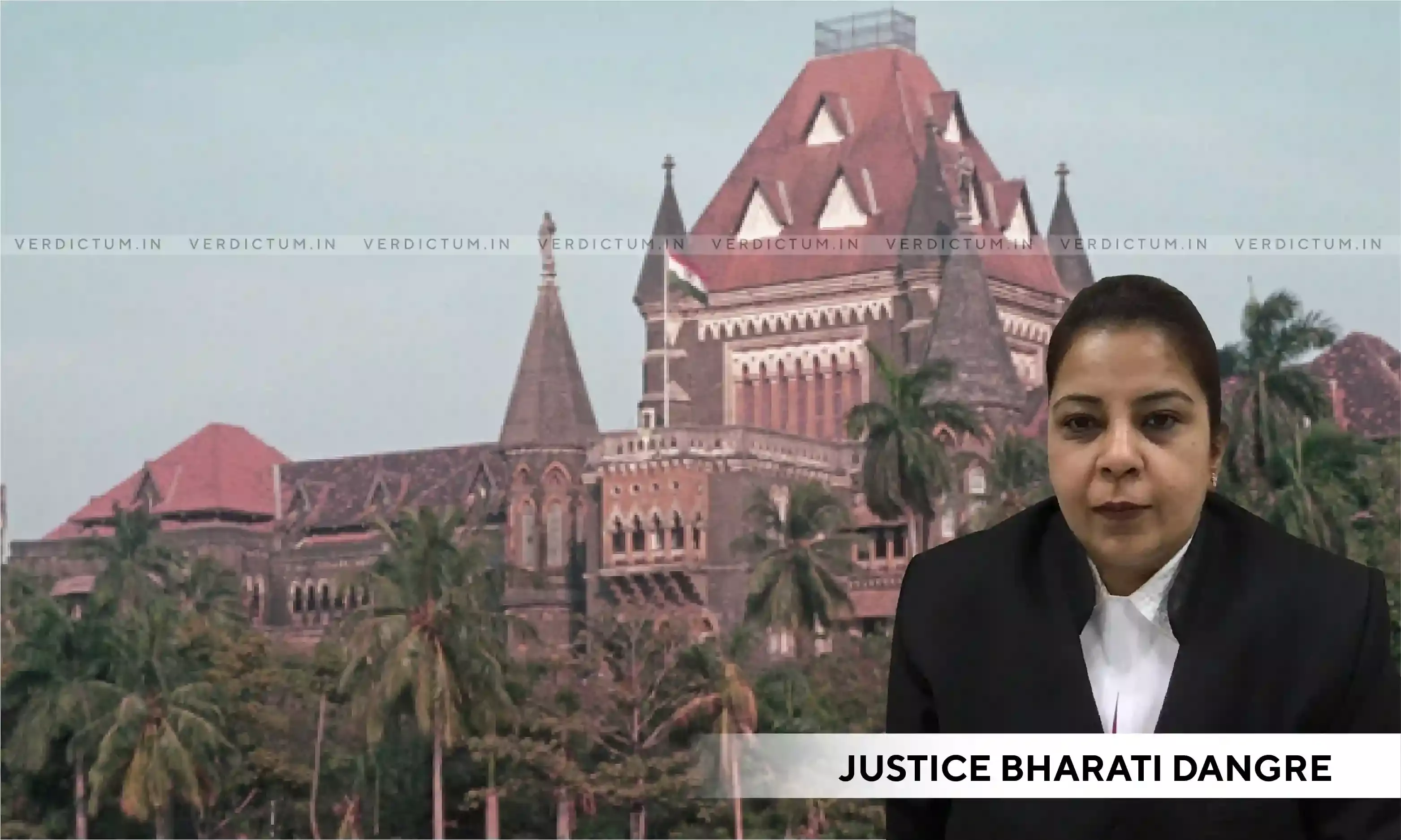Merely Because Juvenile Is Directed To Be Tried As Adult, Benefit Of JJ Act 2015 Cannot Be Denied To Him: Bombay HC

The Bombay High Court has observed that merely because a juvenile is directed to be tried as an adult, he cannot be denied the benefit of provisions of the Juvenile Justice (Care and Protection of Children) Act 2015 (JJ Act).
The bench of Justice Bharti Dangre noted that the Juvenile Justice Act is a beneficial piece of legislation and it must be construed by taking into consideration the object behind its enactment being to provide for the care, protection, treatment, development and rehabilitation of neglected or delinquent juveniles.
The Court was dealing with a bail application of a 17-year-old against whom charge-sheet was filed under Section 302 read with Section 34 of the Indian Penal Code and the Juvenile Justice Board had directed the applicant to be tried as an adult.
His plea before the Sessions Court was rejected.
Advocate Sahana Manjesh appearing for the applicant placed reliance upon various pronouncements to support her submission that the applicant, being juvenile, is entitled for being extended protection under Section 12 of J.J.Act.
On the other hand A.A.Takalkar, A.P.P. for the State urged that Section 12 of the Act cannot come to the aid of the applicant, as he is directed to be tried as an adult by the Sessions Court.
The question before the Court was whether on being tried as an adult, is the juvenile denuded of the statutory right available to him under Section 12 of the Act.
The Court observed that "While construing the provision contained in Section 12, which contemplate that a juvenile shall be released on bail notwithstanding anything contained in the Cr.P.C. and Section 12 further stipulates that he may be released with or without sureties, or may even place under the supervision of the Probation Offcer or under the care of any ft person. The only embargo in not releasing such a person on bail is the proviso, which prescribes that if there appears reasonable grounds for believing that the release is likely to bring that person into association with any known criminal or expose the said person to moral, physical or psychological danger or the person's release would defeat the ends of justice."
The Court observed that in the instant case the report of the Probation Officer revealed that at present, he is learning carpentry work and that the feedback from the teacher is positive.
The Court noted that the remark of the Probation Officer on the Juvenile was good.
"In the aforesaid circumstances, when the Children's Court has rejected his application, without adverting to the said facts and also the statutory mandate of Section 12, is an unfortunate part.", the Court observed.
The Court further observed that "…the J.J.Act focuses on a principle of presumption of innocence and on the principle of best interest as well as principle of repatriation and restoration, by virtue of which, the applicant, who is a juvenile, has a right to be re-united with his family at the earliest and to be restored to the same socio-economic and cultural status that he was in, before coming under the purview of this Act, unless such restoration and repatriation is not in his best interest."
Thus, the Court directed the Juvenile-applicant to be released on bail with certain conditions.
Cause Title- Shubham @ Bablu Milind Suryavanshi v. The State of Maharashtra
Click here to read/download the Order

